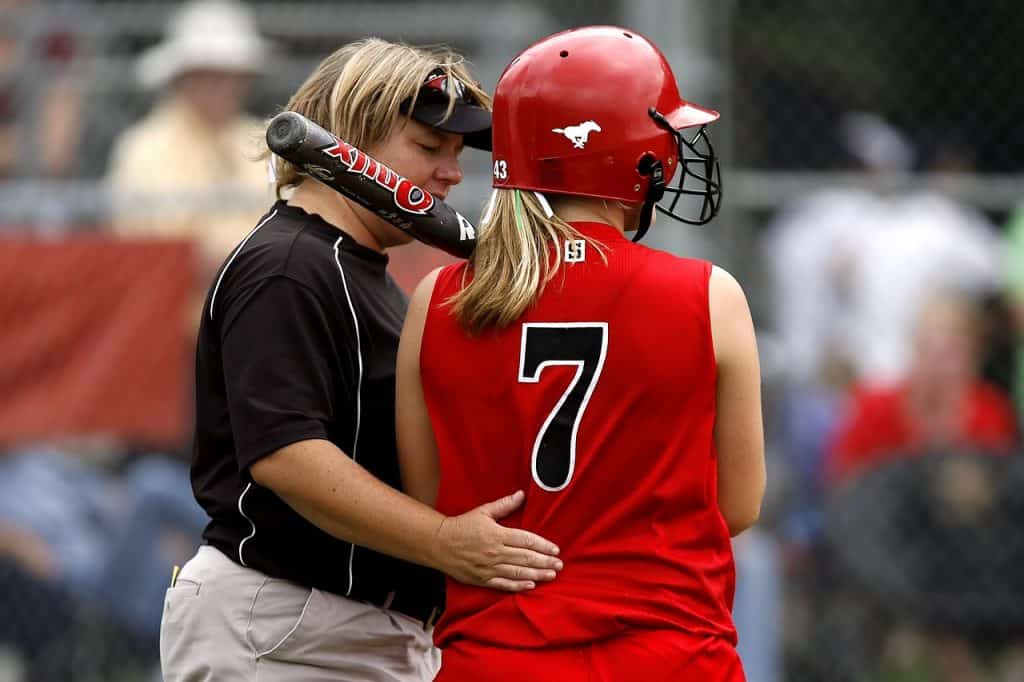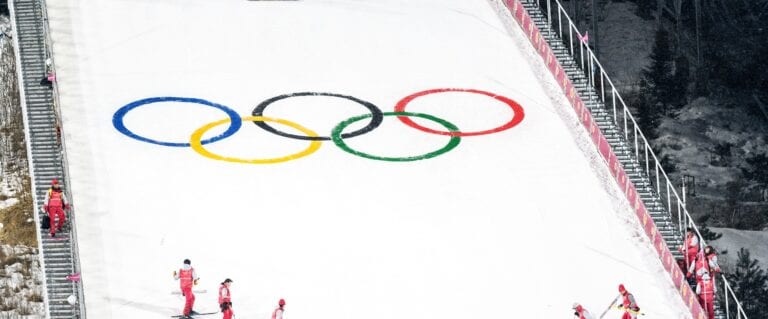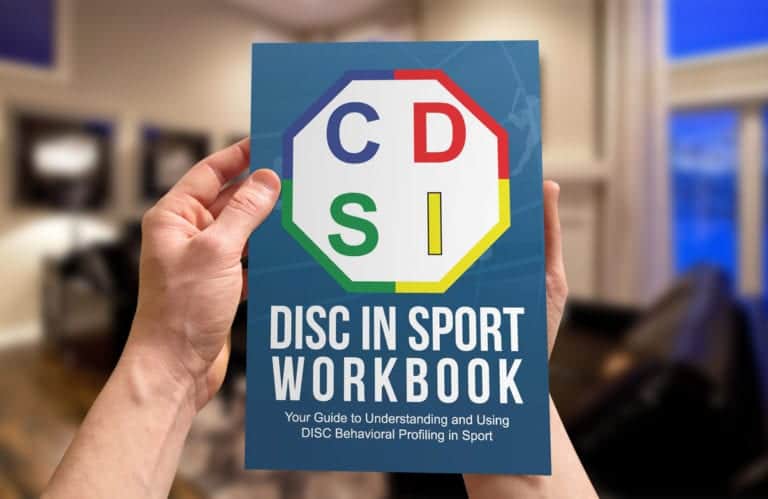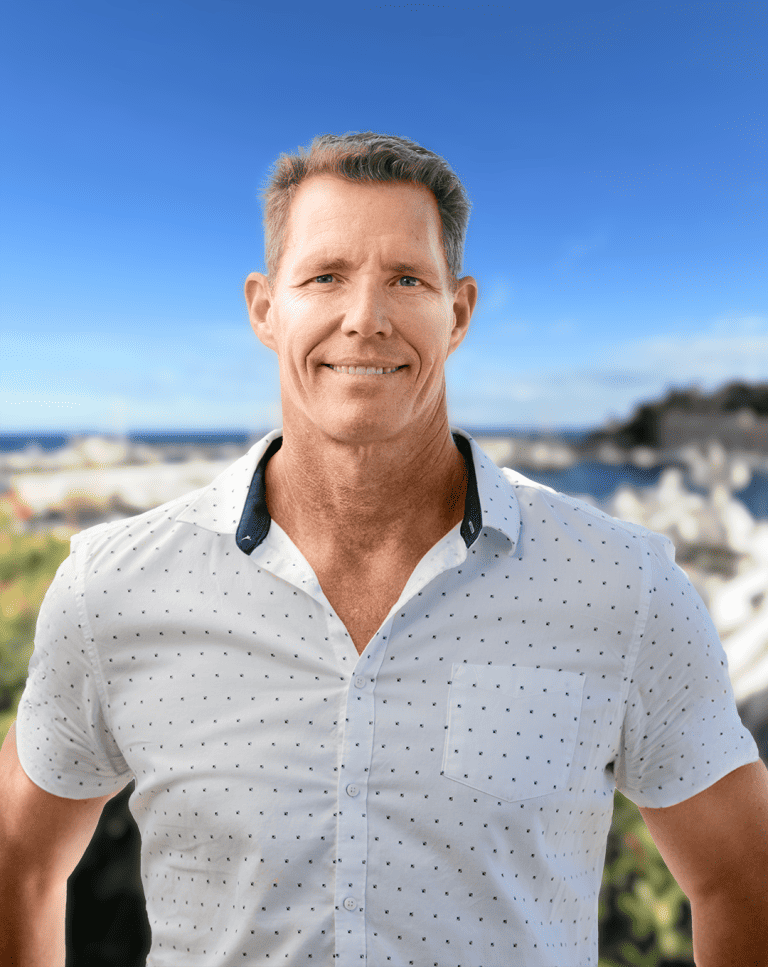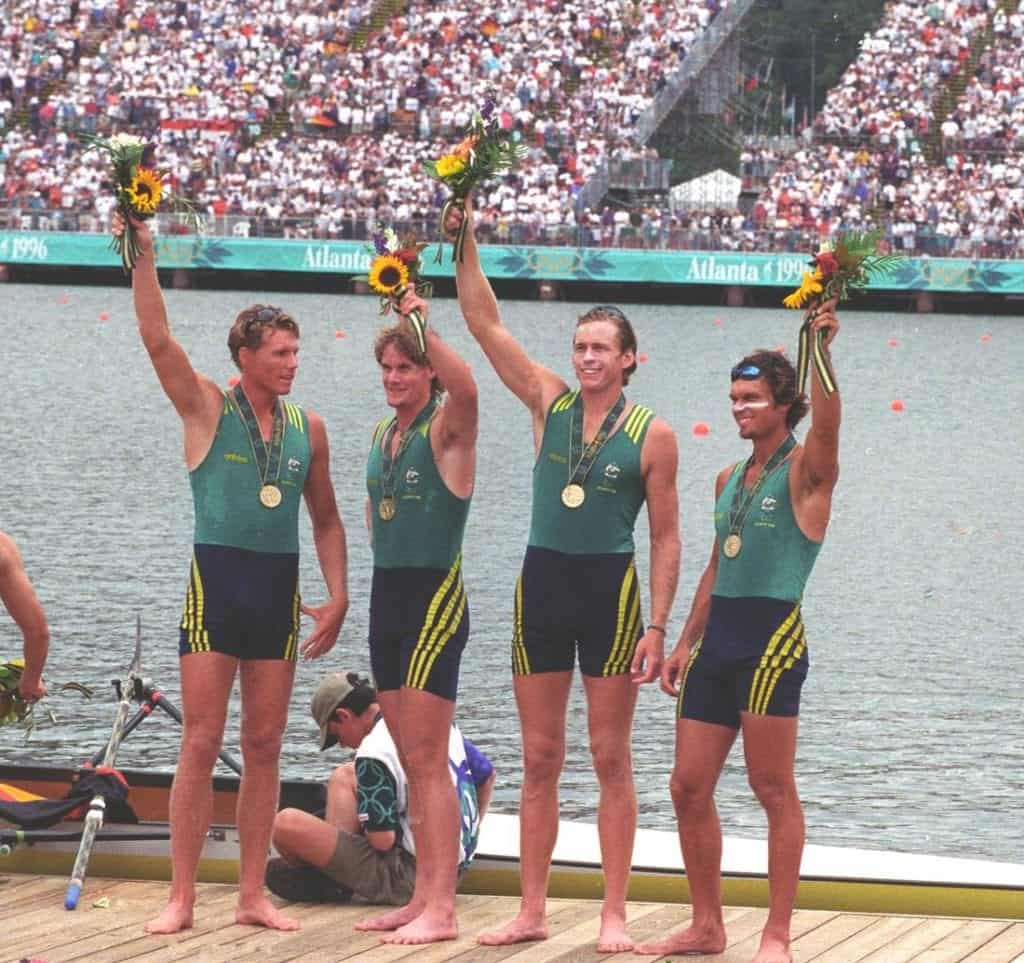Hot off the press! We sat down with Dr. Lori Gano-Overway, Program Director of the Coaching Education Minor and Associate Professor in the Department of Kinesiology at James Madison University to discuss her recent research on coaching and the caring climate. The research, recently published in the Journal of Sports Sciences, investigated what personal and situational factors might affect a coach’s ability to care. We were immediately fascinated by the research and wanted to take the opportunity to highlight these factors; share our key learnings and some of the strategies identified through the research to help coaches lean into the factors that help them to care and manage those that hinder their ability to care.
What is a caring climate?
Lori explained that the caring climate is based on two broad concepts, the first being developing a caring relation (Noddings, 2003) with each athlete; and the second creating a community of care (Battistich, 2008).
The caring relation is centered on engrossment, motivational displacement, and recognition.
Engrossment means the coach gets to know each athlete through conversations, observations, and other written communication (e.g., beginning of the season interest surveys or goal mapping). It is through this process that coaches come to understand the interests, needs, and goals that can lay the foundation for supporting them throughout the season.
This support is motivational displacement which means the coach puts their time and energy into helping athletes; moving their motivational actions – time and energy – away from themselves and toward supporting athletes.
This may take time to develop and requires effort on the part of the coach, and for them to continue to do this athletes will need to demonstrate recognition and acknowledgement of the care. This can take many forms from simple gestures of appreciation (e.g., smiling, thank you notes) or reciprocating (e.g., showing the coach support, supporting other members on the team, or applying further effort on the team).”
The Research
Lori shared the way the research evolved,
“I believe that most coaches get into the profession because they want to help athletes reach their potential, meaning I think they have the athletes’ best interest in mind. Additionally, I think many coaches want the sport experience to be a positive one and go into the profession wanting to be athlete-centered. However, in talking with some coaches and observing others, it is clear that while they want to develop supportive environments where athletes can thrive, it does not fully take shape on the team or with some athletes.”
“Sometimes the coaches have not developed good coaching practices for creating the relationships or cultures they want through a lack of training, experience, or reflective practice. Yet, others have such training/experience but there are personal or situational factors that make it more difficult. Further, in reviewing the research on caring in sport coaching it was also clear that personal experiences or social environments played a role in how coaches may be able to implement a more supportive environment. Therefore, I wanted to investigate this further.”
The research team collected data from 130 youth sport coaches with the express purpose of exploring how personal and situational factors may influence sport coaches caring practices.
The findings concluded that a coach’s self-awareness, awareness of other people’s emotions, their ability to use those emotions and coach with more democratic behaviors, were significantly and positively associated with coach’s perceptions of caring on their teams.
The themes which supported and made it easier for coaches to care included:
- Having a core philosophy centered on caring,
- maintaining a welcoming and collaborative culture,
- engaging in relationship building and using empathy, and
- listening skills.
Factors which made it difficult for coaches to care included:
- Poor athlete and parent behavior,
- lack of team culture,
- differing opinions among staff, and
- personal factors.
Key Learnings
We immediately saw the parallels between Lori’s research and modern approaches to coaching, reinforcing the notion that a coaches; background, beliefs and values, and behavioral style influences the team culture created by the coach.
In discussing the findings Lori noted,
“I hope this research will assist coaches in engaging in deeper self-reflection of their coaching practices and the sport environment. I think better coaching begins with coaches reflecting on how they create a caring and supportive environment in their coaching practices and looking for ways that they can improve the SCENE of the sport environment.”
By ‘SCENE’, Lori is referring to her earlier article published in the Journal of Sport Psychology in Action, identifying factors contributing to the development of caring and supportive coaching environments, they are specifically;
- Supporting athletes
- Connecting with players
- Empowering athletes
- Nurturing care, and
- Establishing a safe environment.
Additionally, Lori noted, that “coaches will also want to reflect on personal and situational factors that could further support setting the SCENE to develop a caring and supporting environment.”
Based on this research, she suggests that coaches may want to ask themselves the following:
- Do I have core values and a coaching philosophy that supports a caring environment and supporting athletes (e.g., being athlete-centered, having a core value of caring, compassion, or respect)?
- Could I further develop my emotional intelligence? How much time do I spend listening to athletes, taking their perspective, seeking to understand their needs, interests, and emotional responses, understanding what triggers negative or positive emotional responses, managing my own emotions, etc.?
- How often do I seek input from athletes on aspects of their development or provide them opportunities to share in decision making (i.e., embrace a more democratic leadership style)?
- Are there ways to address the pressures in the sport environment that will support a caring environment?
- Am I effective at managing athlete behavior or managing conflict? Could I do more to create high expectations and structured environments that would underpin the caring and supportive foundation on the team?
- How can I get staff, administrators, and fans to align with the program vision and mission?
Further,
“Creating a caring climate begins by developing an understanding of each athlete on the team and what their expressed needs are and seeking to support those needs to help them become better athlete and human being. However, it is also about creating a community established upon core values that support a welcoming and accepting environment where all athletes feel valued, model the caring values established on the team, and support one another on the team.”
Reflecting on this task, Lori observes that it requires a multitude of strategies, and she explains that coaches first need to be aware of their own coaching style and how it may interact with an athlete’s style.
Athlete Assessments is fortunate enough to work with Lori in her Principles of Coaching Methods Class which sits in James Madison University’s Kinesiology Coaching Education Minor. As part of the class, Lori’s students each take the CoachDISC Profile which provides them with a detailed, 40-page personalized report to support their development and self-awareness.
The CoachDISC Profile, enables each student or coach to become aware of their unique coaching style, drawing specific attention to the behavioral factors that combine to create this including a coach’s preferences for approaching tasks, goals, communicating, and building relationships with others; and the pace at which they do it.
After all the students have completed the assessment, one of Athlete Assessments’ guest lecturers joins the class by video conference to debrief their results and apply it in a way most relevant to the class, and the students also make use of the Coaching Online Learning Dashboard which is a tailored resource to maximize what the students get out of the DISC (Learn more about how we work with university classes here).
Detailing the effect of understanding one’s coaching style as a tool for building effective communication and relationships, Lori explained,
“For example, a coach engaging in a dominant style may communicate or deal with conflict in a way that is not perceived to be caring or supportive to a conscientious athlete. Therefore, coaches need to be transparent about their actions. Coaches also need to help athletes see that other individuals may have different preferences to their own AND also coaches need to adapt their style to meet the athletes where they are.”
Using their awareness of their own style and preferences, coaches can start to identify the behaviors they notice in the athletes and better understand them, enable a coach to adapt their style and deliver an athlete-centered or individualized program.
A fundamental principle guiding the simple four-quadrant DISC Model is that no one style is more suited to a given role or task than another, each style has its own strengths which are best leveraged when the individual understands their style and how it can be applied.
Accordingly, Lori affirms that all coaching styles contribute to the team dynamic and can be instrumental in driving individual and team performances, and each offer different perspectives for addressing the situational factors faced.
Listed below are ways that each style could contribute to the development of a caring climate:
- “Dominance – setting and reinforcing clear expectations about appropriate behavior that supports core values of compassion on the team.
- Influence – highlighting the value of each member of the team periodically throughout the season (honoring their contribution).
- Steadiness – spending time in one-on-one conversations with athletes to get to know them as people and also their expressed needs associated with the team and their athletic development along with honest conversations about their role on the team.
- Conscientious – share how a practice activity or drill will help athletes in achieving their goals or modeling what it looks like to care for one another on the team.”
She added,
“Behavior is critical to creating a caring sport community. While it can begin with spoken words (e.g., on this team we accept everyone for who they are), a caring sport community needs to demonstrate these spoken words with actions (e.g., showing people how they are accepted for who they are). Therefore, coaches need to be cognizant of how they engage in care on their teams. Noddings (2003) suggests that individuals consider how they model caring (even during conflict or in delivering discipline), discuss what caring looks like, encourage others to practice care along with setting up opportunities to care, and honor caring behaviors exhibited on the team.”
The research also revealed that coaches who created caring climates leaned into their coaching philosophy, Lori added,
“If a coach is committed to creating a caring climate this should be reflected in their coaching philosophy. Within the philosophy, coaches need to ask themselves whether there are core values that support caring? Is there a focus on creating a supportive environment and being athlete-centered? Additionally, coaches need to refer back to their coaching philosophy on a regular basis and question ‘What am I doing today that supports my coaching philosophy? What daily actions do I take that support my coaching philosophy?’”
We are so appreciate of Lori sharing her research and insights with us. If you are interested in learning more about Lori’s research, the full journal article can be found here.


Biography for Dr. Lori Gano-Overway
Dr. Lori Gano-Overway is a Certified Mental Performance Consultant (CMPC), and the Program Director of the Coaching Education Minor and Associate Professor in the Department of Kinesiology at James Madison University. Lori has more than 20 years of experience in coach education, and has conducted a multitude of research on how coaches can create positive environments for young people to foster more holistic athlete development. In her work as a CMPC, Lori works with athletes on performance enhancement issues and collaborates with coaches on creating environments to foster positive experiences and performance outcomes for athletes. Lori is also a member of the Virginia High School League coaching education committee and a National Advisory Board member for the Positive Coaching Alliance.
Where to from here?
If like Lori, people rely on you to be their best, you will want to meet their expectations by bringing them reliable and tested tools which will ultimately help them reach optimal performance.
At Athlete Assessments, we pride ourselves on the exceptional quality of our profiling tools and the support we deliver, which underpins the valuable contribution we make to each of our clients. If you are interested in exploring how DISC Profiling can help empower and get the best out of your people, or you would like to discuss our programs and services further, please don’t hesitate to reach out and contact us!
LOVE THIS ARTICLE?
DOWNLOAD YOUR FREE, PRINTABLE PDF COPY BY FILLING OUT THE FORM BELOW!
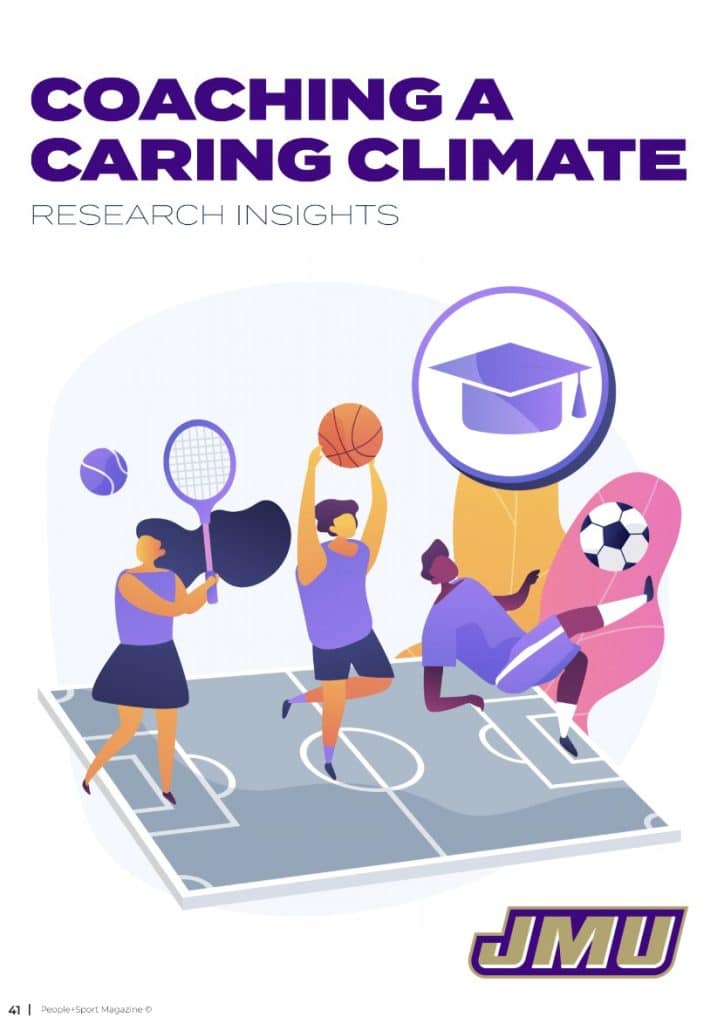
Recommended Articles
In recent years, more attention has focused on the impact of the coach-athlete relationship on an athlete’s performance. Research from the 2008 Canadian Olympic Study showed that coach-athlete relationships significantly impact athlete performance.
Athlete Assessments is very excited to announce our recent involvement in a novel research project investigating the integration of DISC Behavioral Profiling in university sport management and coaching classes to help promote self-awareness, leadership skills, and knowledge that can be leveraged for a career in the sports industry.
Over the summer, Bo Hanson, Director of Athlete Assessments and David Hedlund, Assistant Professor of Sport Management at St. John’s University, New York presented at the National Coaching Conference in Morgantown.
The presentation focused on David’s ‘Research into the Effectiveness of Developing Sport Coaches’ Self-Awareness using DISC Profiling’. David previously presented accompanying research at the 2014 SMAANZ (Sports Management Association of Australia and New Zealand) Conference in Melbourne.


